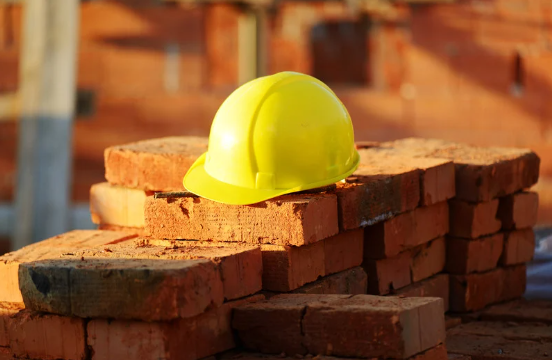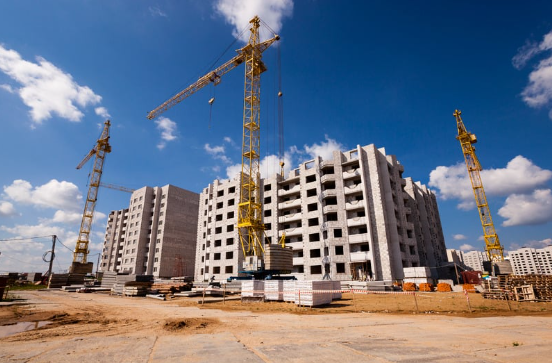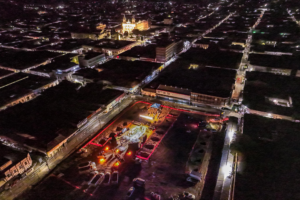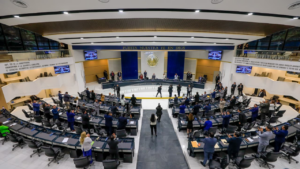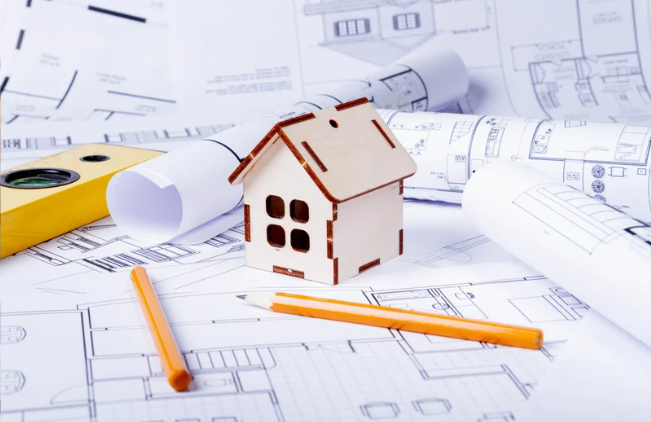
Construction in El Salvador is a fundamental pillar of the national economy, generating more than 200 thousand direct jobs. According to data from the Banco Central de Reserva (BCR), this sector employs 8% of the country’s labor force, which demonstrates its relevance in the labor and social sphere. With a growing demand for housing and infrastructure, construction is positioned as a vital source of opportunities for many salvadorans.

In addition to its contribution to employment, construction accounts for 12.5% of El Salvador’s Gross Domestic Product (GDP). This percentage underscores the sector’s importance in the country’s economic dynamics. As new projects are developed, investment in construction not only drives GDP growth, but also strengthens other related industries, creating a multiplier effect in the economy.

Another highlight is that buildings account for 40% of national investment. This figure indicates that a significant part of the capital invested in the country goes to infrastructure development and buildings, which is essential to improve the quality of life of the population and promote sustainable development. These projects generate income that can be reinvested in other sectors, creating a cycle of economic growth.
Construction in El Salvador is not only key to employment, but also acts as a driver of economic development. With a direct impact on GDP and a central role in national investment, this sector is emerging as a crucial element for the country’s economic future, providing job opportunities and improving the infrastructure necessary for sustainable growth.
